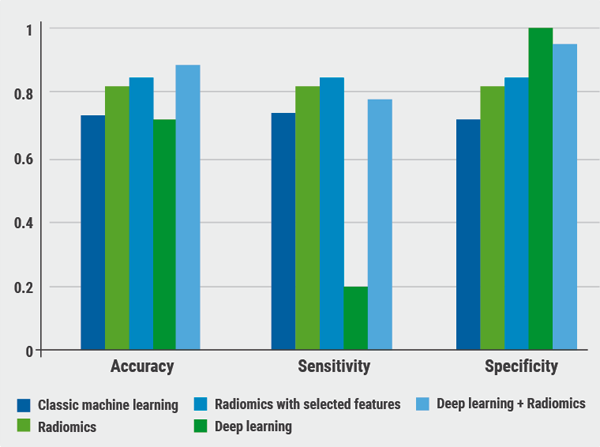Although approximately 11% of NSCLC patients have a KRASG12C mutation, there are currently no approved therapies available for this specific mutation with negative prognostic impact. Govindan et al. evaluated AMG 510, a small molecule that specifically and irreversibly inhibits KRASG12C [1]. A total of 76 patients with locally advanced or metastatic malignancies who had received previous standard therapy were included in the study. Key inclusion criteria were KRASG12C mutation, measurable or evaluable disease, progression on standard therapy; Eastern Cooperative Oncology Group (ECOG) performance status ≤2, and a life expectancy >3 months. Primary endpoint of the study was toxicity; secondary endpoints were objective response rate, duration of response, disease control rate, progression-free survival and duration of stable disease. Patients were enrolled in 4 dose cohorts: 180 mg, 360 mg, 720 mg, and 960 mg, with the study medication to be taken orally once daily for 21 days and followed up with radiographs and examinations.
The presented results are from additional follow-up in a larger group of patients including a subset of 34 NSCLC patients of which 23 were evaluable for efficacy. Of these, 13 patients received the target dose of 960 mg once daily; 54% achieved a partial response and 46% achieved stable disease. No dose-limiting toxicities and no adverse events (AEs) which led to discontinuation were observed in all 34 NSCLC patients. Currently, 27 of these patients remain on treatment. Only 26.5% of patients reported grade 1-2 treatment-related AEs. Grade 3 treatment-related AEs (anaemia and diarrhoea) occurred in 8.8% of patients, grade ≥4 treatment-related AEs were not seen. Dr Ramaswamy Govindan (Washington University School of Medicine, USA) commented that he was pleased to have a promising new oral therapy for this group of patients. These data continues to show encouraging anti-tumour activity with AMG 510, underscoring the potential to close the treatment gap for NSCLC patients with previously treated KRASG12C-mutated NSCLC.
- Govindan R, et al. OA02.02. WCLC 2019.
Posted on
Previous Article
« Siponimod delays time to wheelchair Next Article
New targets in thymic epithelial tumours may aid in identifying treatment options »
« Siponimod delays time to wheelchair Next Article
New targets in thymic epithelial tumours may aid in identifying treatment options »
Table of Contents: WCLC 2019
Featured articles
Five-fold increase of OS at 5 years with nivolumab vs docetaxel
Screening, Detection, and Diagnosis
Non-Small-Cell Lung Cancer
Five-fold increase of OS at 5 years with nivolumab vs docetaxel
Promising phase 1 results of novel KRAS-inhibitor in NSCLC
Selpercatinib (LOXO-292) shows durable activity in RET fusion-positive lung cancer
Other Thoracic Malignancies
Immuno-Oncology
Nivolumab + ipilimumab safe first-line treatment for NSCLC patients with comorbidities
Targeted Therapy
Phase 3 Trial Updates
First-line pembrolizumab monotherapy offers durable OS benefit vs chemotherapy in NSCLC patients with high PD-L1 expression
Related Articles

November 8, 2019
New technologies in lung cancer detection
© 2024 Medicom Medical Publishers. All rights reserved. Terms and Conditions | Privacy Policy

